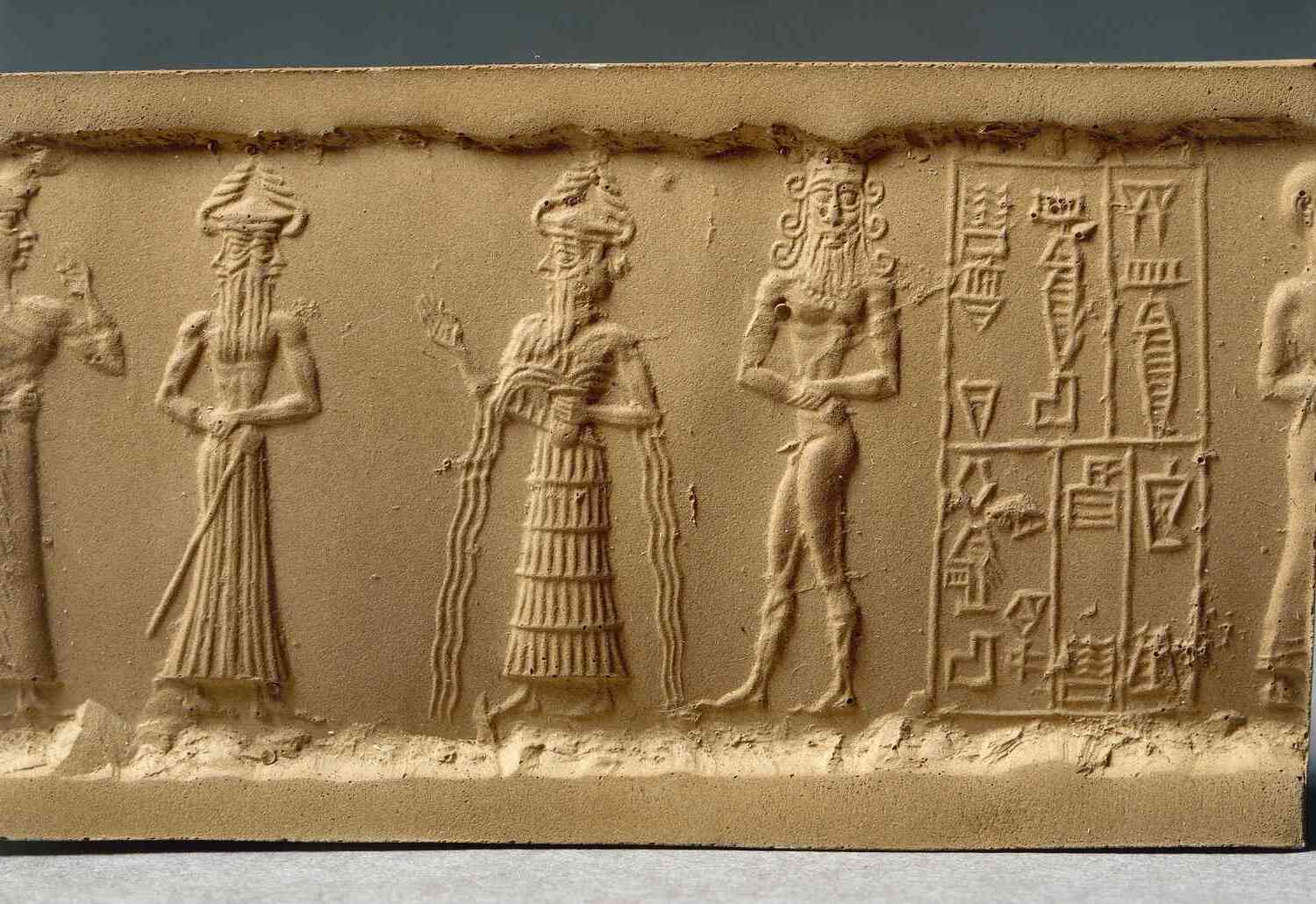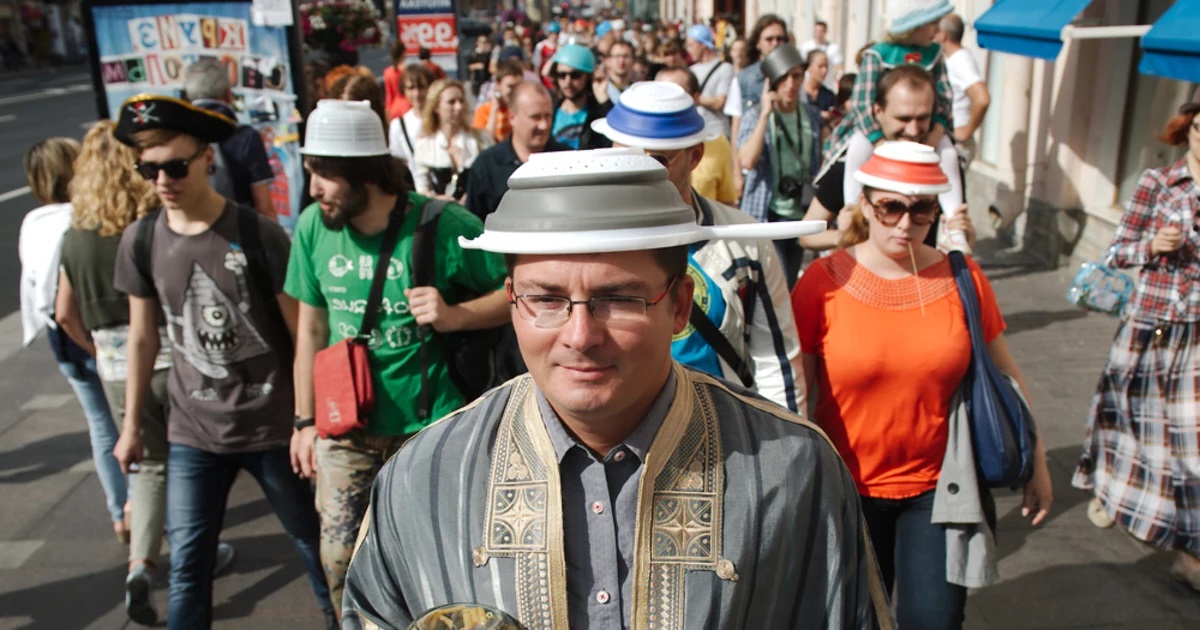
Ever wondered where your favorite superheroes or mythical creatures come from? Origin stories are the backbone of many beloved characters, giving them depth and making their adventures more compelling. From ancient myths to modern comics, these tales reveal how heroes gained their powers, why villains turned evil, and what drives them. Understanding these beginnings can add a whole new layer of appreciation for the stories we love. Whether it's the tragic past of Batman, the radioactive accident that created Spider-Man, or the divine birth of Hercules, origin stories captivate us with their blend of fantasy and reality. Ready to dive into the fascinating world of origin stories? Let's get started!
Key Takeaways:
- Superheroes and fairy tales have fascinating origins, from Superman's villainous beginnings to the dark roots of classic tales like Cinderella and Sleeping Beauty.
- Classic novels and popular foods also have intriguing backstories, like Moby-Dick's real-life inspiration and the ancient origins of pizza and chocolate.
The Origins of Famous Superheroes
Superheroes have captivated audiences for decades. Their origin stories often shape their character and powers. Here are some fascinating facts about the beginnings of these iconic figures.
-
Superman first appeared in Action Comics #1 in 1938. Created by Jerry Siegel and Joe Shuster, he was initially conceived as a villain.
-
Batman debuted in Detective Comics #27 in 1939. Bob Kane and Bill Finger designed him as a dark, brooding figure inspired by Zorro and Sherlock Holmes.
-
Spider-Man swung into action in Amazing Fantasy #15 in 1962. Stan Lee and Steve Ditko gave him relatable teenage problems alongside his superpowers.
-
Wonder Woman was introduced in All Star Comics #8 in 1941. William Moulton Marston, who also invented the lie detector, created her to embody feminist ideals.
-
Iron Man first appeared in Tales of Suspense #39 in 1963. Stan Lee, Larry Lieber, Don Heck, and Jack Kirby crafted him as a wealthy industrialist with a heart condition.
The Origins of Popular Fairy Tales
Fairy tales have been passed down through generations, often with dark and twisted beginnings. Here are some intriguing facts about their origins.
-
Cinderella has roots in ancient Greece. The story of Rhodopis, a Greek slave girl who marries the king of Egypt, is considered one of the earliest versions.
-
Snow White was first published by the Brothers Grimm in 1812. The tale was inspired by German folklore and possibly real historical figures.
-
Little Red Riding Hood dates back to the 10th century. Early versions were much darker, with the wolf often representing male predators.
-
Sleeping Beauty has origins in the 14th century. The earliest known version, "Perceforest," involved a princess who was raped while asleep.
-
Hansel and Gretel was published by the Brothers Grimm in 1812. The story may have been inspired by the Great Famine of the 14th century, when parents abandoned children due to starvation.
The Origins of Classic Novels
Classic novels often have fascinating backstories that influenced their creation. Here are some interesting facts about the origins of these literary masterpieces.
-
Moby-Dick was inspired by real-life events. Herman Melville based his novel on the sinking of the whaleship Essex in 1820.
-
Frankenstein was conceived during a ghost story competition. Mary Shelley wrote it in 1816 while staying at Lord Byron's villa in Switzerland.
-
Dracula was influenced by Eastern European folklore. Bram Stoker's 1897 novel drew from tales of vampires and the real-life figure Vlad the Impaler.
-
Pride and Prejudice was initially titled "First Impressions." Jane Austen wrote it in 1796-1797 but revised it extensively before its 1813 publication.
-
1984 was inspired by totalitarian regimes. George Orwell wrote it in 1948, drawing from his experiences with fascism and communism.
The Origins of Popular Foods
Many of our favorite foods have surprising and interesting origin stories. Here are some facts about where these beloved dishes come from.
-
Pizza originated in Naples, Italy. The modern pizza was created in the late 18th century as a cheap, tasty meal for the poor.
-
Chocolate has ancient roots. The Olmecs, one of the earliest civilizations in Latin America, were the first to cultivate cacao around 1500 BCE.
-
Sushi began as a method of preserving fish. In ancient Japan, fish was fermented with rice to keep it edible for longer periods.
-
Ice cream dates back to ancient China. The Chinese mixed milk with rice and snow around 200 BCE to create an early form of the dessert.
-
Hamburgers have German origins. The dish was brought to America by German immigrants in the 19th century and popularized at the 1904 St. Louis World's Fair.
The Origins of Popular Holidays
Holidays often have rich histories and traditions that have evolved over time. Here are some intriguing facts about the origins of popular holidays.
-
Christmas has roots in pagan festivals. The holiday was influenced by Roman Saturnalia and the Norse Yule.
-
Halloween originated from the Celtic festival Samhain. It marked the end of the harvest season and the beginning of winter.
-
Thanksgiving was first celebrated in 1621. Pilgrims and Native Americans shared a feast to give thanks for the harvest.
-
Valentine's Day has origins in ancient Rome. The holiday evolved from the festival of Lupercalia, which celebrated fertility.
-
Easter combines Christian and pagan traditions. The holiday celebrates the resurrection of Jesus and incorporates symbols of spring and rebirth.
The Origins of Popular Music Genres
Music genres often have unique and fascinating beginnings. Here are some facts about the origins of popular music styles.
-
Rock and Roll emerged in the 1950s. It combined elements of blues, country, and gospel music.
-
Hip-Hop originated in the Bronx, New York, in the 1970s. DJ Kool Herc is credited with pioneering the genre.
-
Jazz has roots in New Orleans. It developed in the early 20th century from African American musical traditions.
-
Reggae began in Jamaica in the late 1960s. The genre was influenced by ska, rocksteady, and Rastafarianism.
-
Country Music originated in the southern United States. It evolved from folk music brought by European immigrants.
The Origins of Popular Sports
Sports have been a part of human culture for centuries. Here are some interesting facts about the origins of popular sports.
-
Soccer has ancient origins. The game can be traced back to China in the 2nd and 3rd centuries BCE.
-
Basketball was invented by James Naismith in 1891. He created the game to keep his students active during the winter.
-
Baseball evolved from older bat-and-ball games. It became popular in the United States in the 19th century.
-
Tennis has roots in medieval France. The game was originally played with the palm of the hand before rackets were introduced.
-
American Football developed from rugby and soccer. The first game was played in 1869 between Rutgers and Princeton.
Final Thoughts on Origin Stories
Origin stories give us a peek into the beginnings of our favorite characters, places, and traditions. They help us understand the roots and evolution of what we love today. From superheroes to ancient myths, these tales connect us to the past and inspire the future. They remind us that everything has a starting point, often filled with challenges, triumphs, and lessons. Whether it's the humble beginnings of a comic book hero or the creation of a beloved holiday, origin stories enrich our understanding and appreciation. So next time you come across an origin story, take a moment to dive in. You might discover something new and fascinating that adds depth to your knowledge and enjoyment. Origin stories aren't just about the past; they're about the journey that shapes the present and future.
Frequently Asked Questions
Was this page helpful?
Our commitment to delivering trustworthy and engaging content is at the heart of what we do. Each fact on our site is contributed by real users like you, bringing a wealth of diverse insights and information. To ensure the highest standards of accuracy and reliability, our dedicated editors meticulously review each submission. This process guarantees that the facts we share are not only fascinating but also credible. Trust in our commitment to quality and authenticity as you explore and learn with us.


